How safe is it to surf in a wave pool during COVID-19?
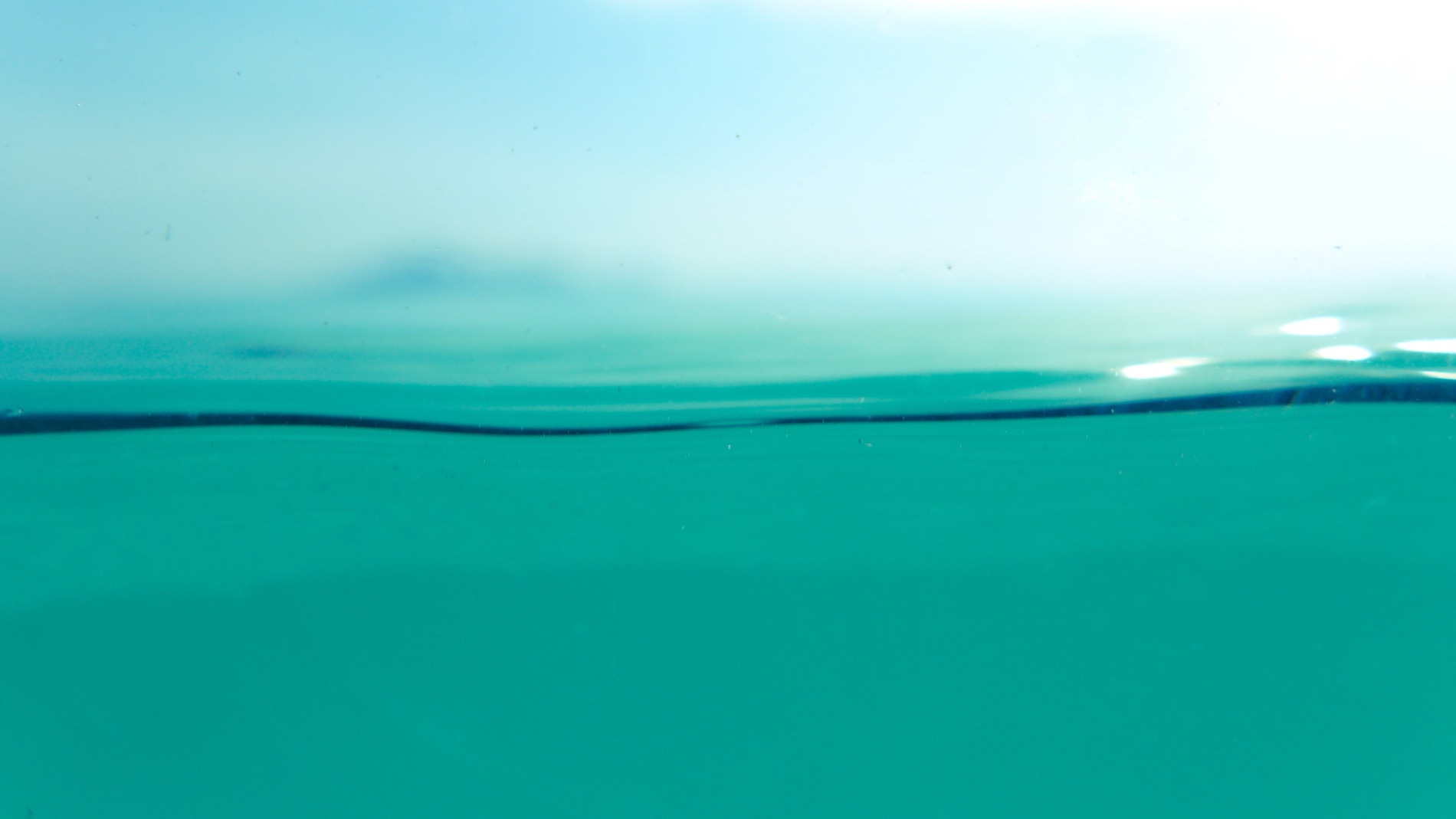
In the US and around the world ocean lineups today look much like they did pre-COVID-19 with surfers returning as lockdown rules ease. Wave pool operators shut doors months ago following government guidelines and now eye a global re-opening, leaving many of us to ask “how safe are wave pools in this era of COVID-19?”
There is a lot of information out there and misinformation as well (drinking hot water does not kill the virus). In this piece, we’ll do our best to breakdown COVID-19 and wave pools to discover how likely you are to catch the Coronavirus at a surf park while also scratching at clues to find out when you could be sessioning again.
According to reports, being outdoors is safer due in part because just a little bit of wind will scatter the virus. If you are close to an infected person and they sneeze, the virus load ejected will dissipate more significantly in the wind than it will in an enclosed room. How much of the virus a person is exposed to is key in figuring transmission probability.
“The virus load is important,” said Eugene Chudnovsky, a physicist at Lehman College told the New York Times. “A single virus will not make anyone sick; it will be immediately destroyed by the immune system. The belief is that one needs a few hundred to a few thousand of SARS-CoV-2 viruses to overwhelm the immune response.”
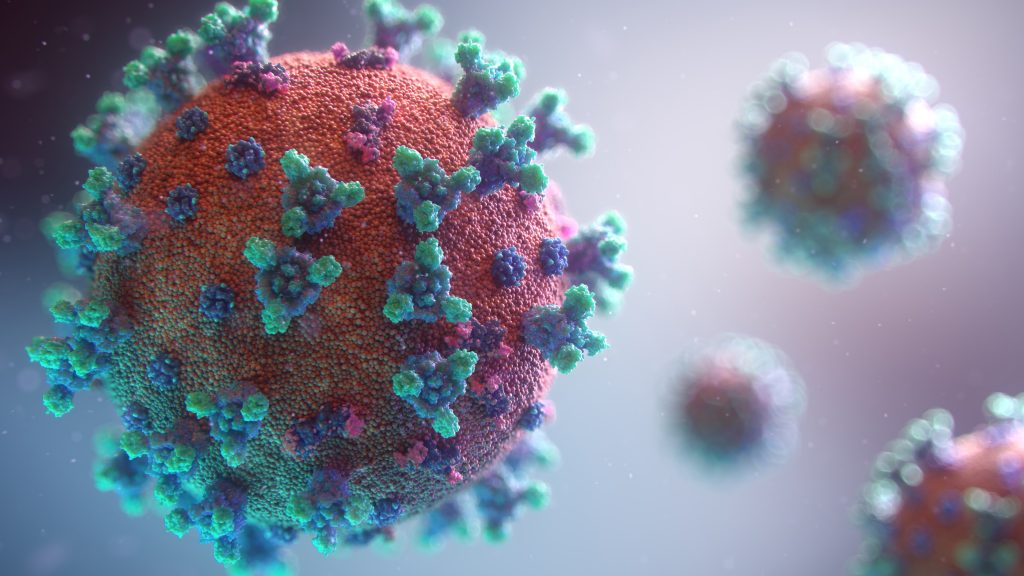
A recent outbreak study involving 1,245 confirmed cases divided into six categories: homes, transport, food, entertainment, shopping, and miscellaneous found that home outbreaks were the dominant category with public transport coming in second followed by the others. The report identified only a single outbreak in an outdoor environment with the conclusion that sharing indoor space is a major SARS-CoV-2 infection risk.
And the water we surf in? There hasn’t been a specific COVID-19 and water study just yet, but similar coronaviruses don’t survive very long in water. According to the Centers for Disease Control recreational water use is relatively safe.
“There is no evidence that COVID-19 can spread to people through the water used in pools, hot tubs, or water playgrounds,” said the CDC. “Proper operation and disinfection of pools, hot tubs, and water playgrounds should kill the virus that causes COVID-19.”
The report added that most viruses are not stable in treated water and that even small amounts of chlorine will kill the microbes.
Wavegarden is very proud of its water filtration system. The natural aeration from breaking waves allows more UV light to penetrate deeper in to kill bacteria. When combined with light amounts of chemicals most of the microscopic beasties are destroyed. Wavegarden says the system is a trade secret and won’t specify the ration of chemicals or how much bacteria the system kills. However, in one conversation we had with a surf park developer they told us the water at the R&D facility in the Basque Country is so clean and chemical-free that it’s drinkable.
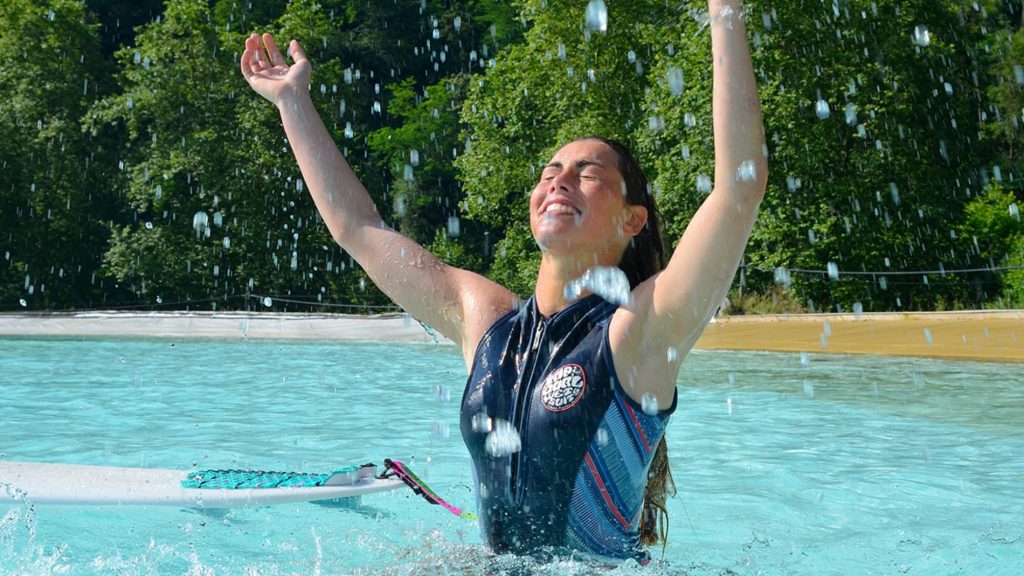
“Our services include: support to determine the appropriate treatment solutions in line with local regulations, water treatment engineering supervision during project development and operation,” Wavegarden says on their information page without much more information.
BSR Surf Resort in Waco, the only wave pool currently open to the public, installed a new water system 18 months ago. Water Tech Solutions worked on a system for BSR’s sprawling 450-acre site which now covers the BSR’s Surf Resort, Lazy River, and Royal Flush attractions. The new system removed the surf park’s signature Play-Doh blue water.
“Our automated system applies chlorine bleach per state requirements,” BSR says in a Facebook video highlighting their water system. “On top of that, we use ozone which is a far superior sanitizer that’s used in municipal water plants, aquariums, and bottled water plants.”
Coronavirus gathering in high enough concentrations to pose a threat in the surf zone is unlikely. For wave pools, the primary challenge to keeping guests safe will most likely come not from the water and its treatment, but the crowds gathered before and after the sessions.
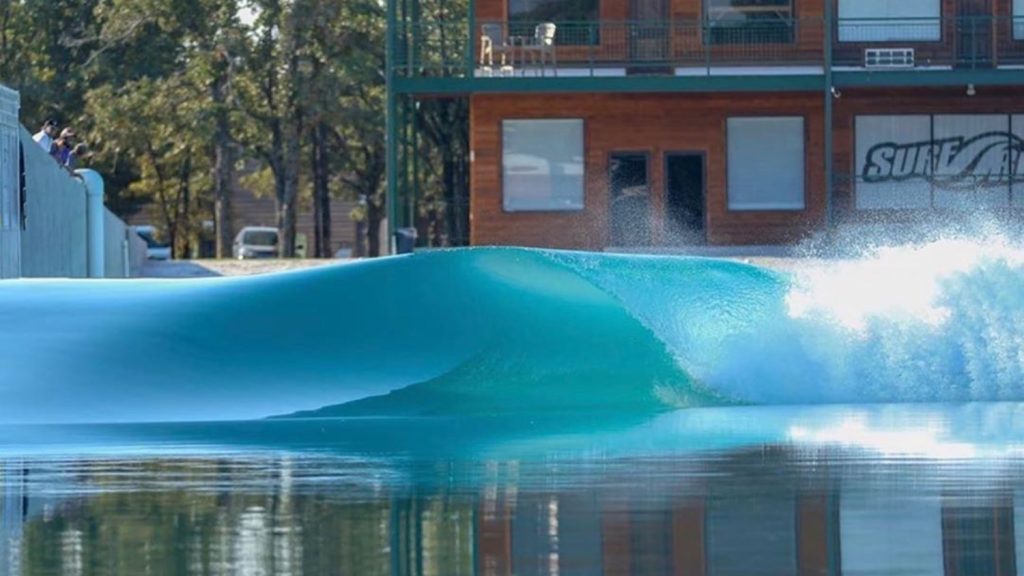
“Probably the biggest risk for summer water recreation is crowds,” Dr. Rasmussen said in a New York Times interview. “A crowded pool locker room, dock or beach, especially if coupled with limited physical distancing or prolonged proximity to others. The most concentrated sources of virus in such an environment will be the people hanging out at the pool, not the pool itself.”
So how will wave pools keep people safe when they are out of the surf?
BSR says they are limiting their cable dock to eight riders at a time and keeping surf sessions to nine or fewer guests. “We are diligently following the COVID-19 guidelines set forth by the CDC for physical distancing and sanitization,” the company said.
BSR also outlined practices like wearing nose and mouth protective coverings whenever possible, keeping six feet apart, and washing hands more frequently. The company reminded visiting guests to follow the policies surrounding behavior, hygiene, health practices, social distancing, and any other recommendations outlined by the CDC. BSR adds that guests who show disregard for the policies will be asked to leave the surf park.
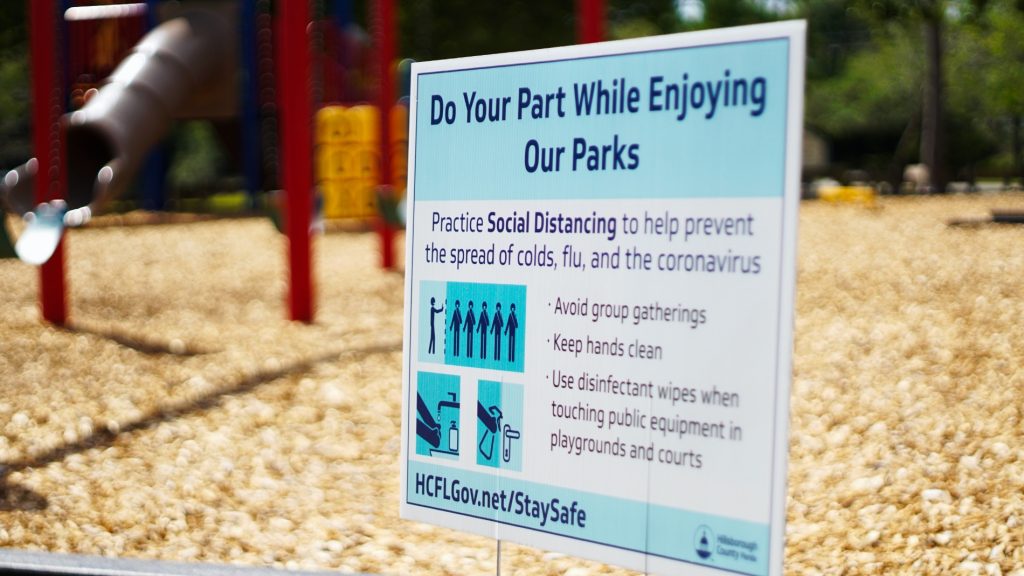
When can you surf safely in a wave pool again? You can probably do so right now if you social distance and stay outdoors. Indoors it is a different story. You will see staff wearing masks and wiping down surfaces in high-traffic areas. Guests most likely will have to wear masks as well and limit the amount of time they spend indoors. As far as changes in the water, expect a stronger chemical presence and lifeguards enforcing social distancing in the lineup.
At the time of this writing, all signs point to Urbnsurf re-opening next once more local restrictions are lifted in Melbourne. In the hard-hit UK with 265,000 COVID-19 cases and 37,000 deaths logged so far, expect re-opening measures to be slower. The Wave in Bristol will have to wait for the all-clear from the authorities until reopening. When that will take place is anyone’s guess, but hopefully soon.
The near future of wave pool surfing will look very different. Hand sanitizing will become as integral a part of your surf ritual as waxing up or peeling out of your wetsuit. And while coconut Sex Wax smells much better than Purell and you might complain that today is nothing like the pre-COVID-19 wave pool era, it’s a small price to pay to ensure everyone’s safety.
Related Coverage
